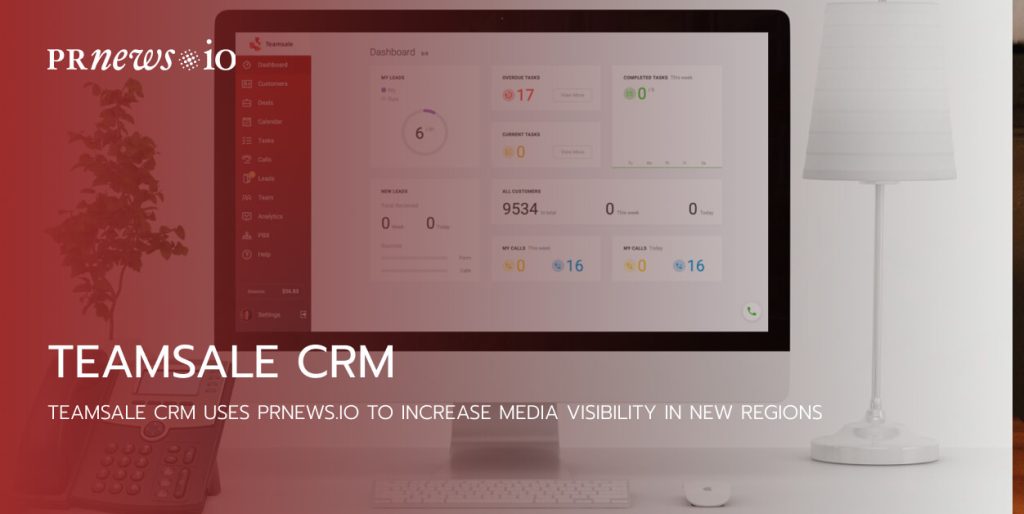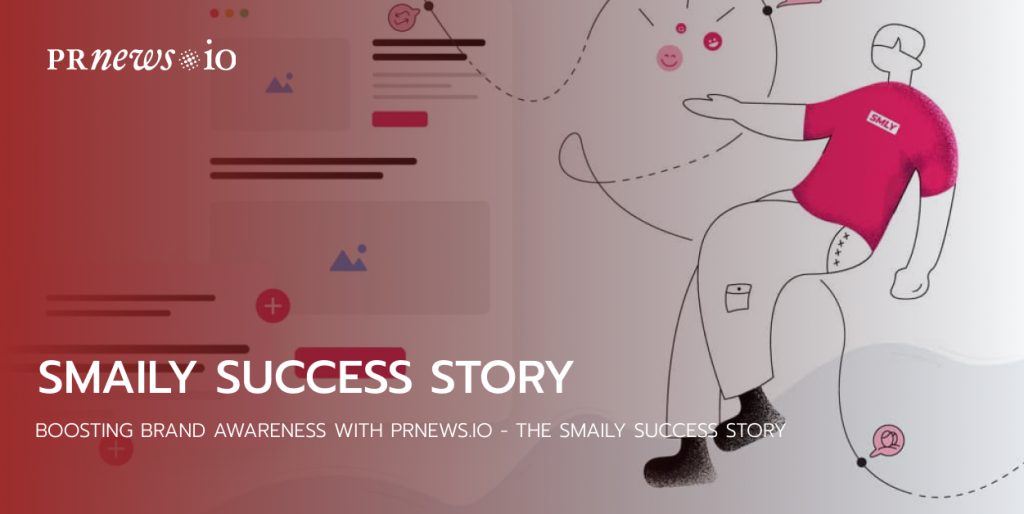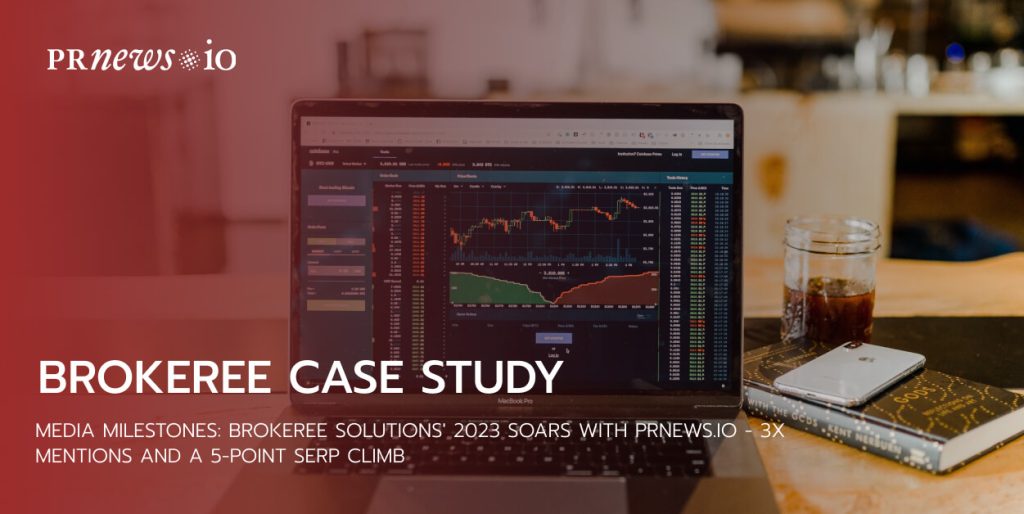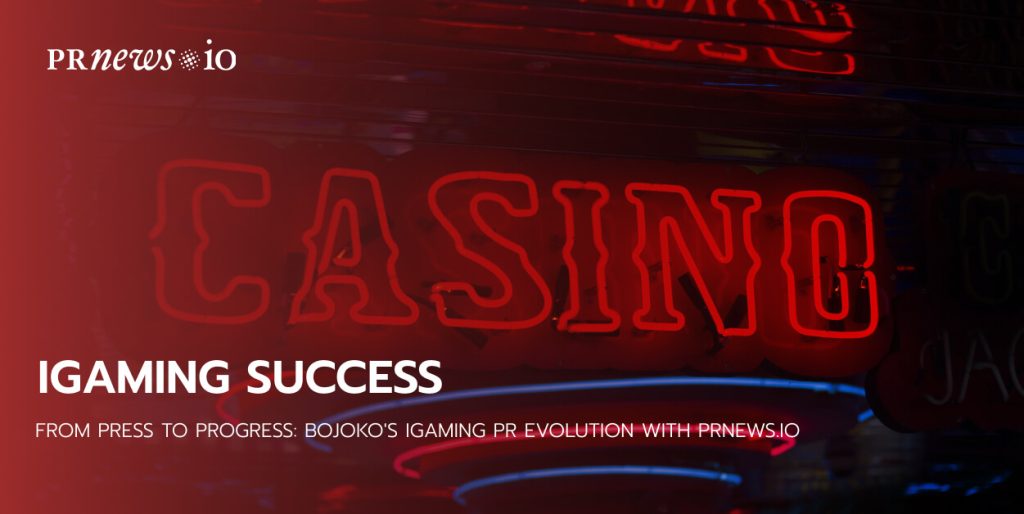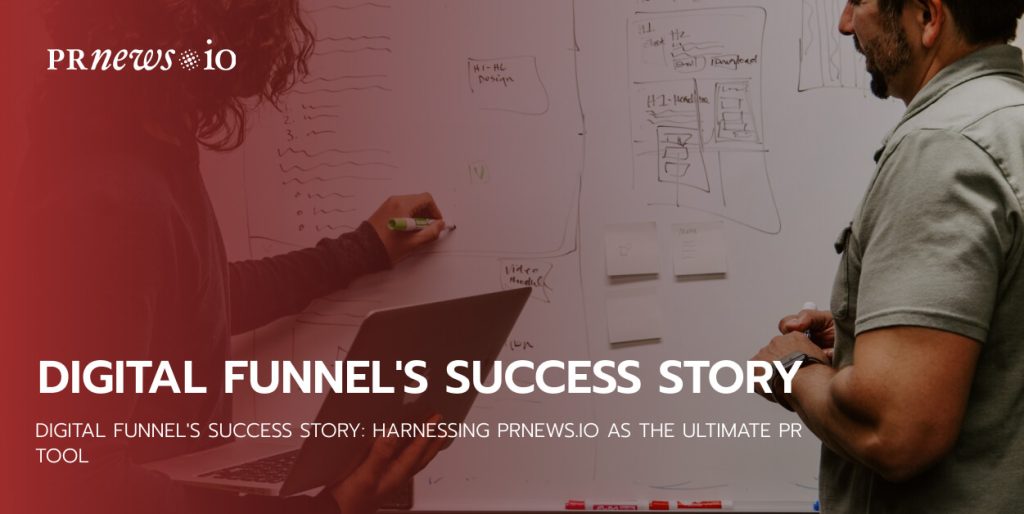The meaning of PR has undergone a significant transformation since the advent of new technologies. Gone are the days when PR had a different connotation from what it holds today. With the pervasive influence of social media, PR has had to adapt to the changing landscape of digital communication. No industry has been left untouched by this phenomenon, as social media has become an integral part of PR’s approach to communication. As a result, PR has been forced to evolve and embrace new strategies to keep up with the changing times.
So, what is PR?
PR is not just about promoting products or services; it’s about fostering conversation and building relationships. Today, the definition of PR has expanded far beyond traditional advertising. While the ultimate goal of a PR campaign is to generate attention and awareness for a company or product, the process involves much more than simply writing a press release or securing media coverage.
Contrary to popular belief, PR is not solely focused on advertising or media relations. It encompasses the entire process of effectively communicating a company’s mission, values, objectives, and unique value proposition to the public in order to create a positive image of the business. This involves a combination of tactics, including news coverage, social media outreach, and other forms of engagement that foster meaningful conversations with the audience. Ultimately, the goal of PR is to build long-lasting relationships with customers and stakeholders, rather than just generating a one-time sale or buzz.
Build Positive Online Reputation & Remove Negative from SERP
What is Public Relations in Today’s Social Media World
While traditional media outlets like print news, television, and radio still exist, more and more companies are turning to the online world to create awareness and connect with audiences. With over 4 billion people using the internet worldwide, an effective PR campaign has the potential to reach a massive audience.
Consider the example of a local car dealership planning its grand opening. In the past, the dealership may have relied solely on traditional advertising methods like print ads in local newspapers or magazines, which can be expensive.
However, with an effective PR campaign, the dealership could leverage social media to generate buzz around the event. For example, they could offer a chance to win a brand-new car by liking and sharing posts about the event on Facebook or Instagram. This approach can generate more publicity for less money than traditional advertising methods.
By embracing the power of digital communication and social media, companies can leverage the potential of PR to build relationships, generate buzz, and ultimately drive success.

PR Has Changed. Have You Changed Your PR?
Public relations isn’t easy. With all the marketing strategies out there, PR might be one of the most difficult ones. Well, not difficult like rocket science is difficult. PR is difficult in the sense of achieving consistency. In this digital age, social media is a noisy place with things changing at high speed. That’s why consistency in media coverage is difficult to achieve and requires effort.
#1 Everybody wants a story
And a compelling story that people will care about is the single most important ingredient for success in PR. There is a tough competition for attention. A compelling and irresistible story has a better chance to compete against other companies that are just as starved for attention.
While this might seem obvious, some businesses struggle to discover a story to tell. Not sure your company has a compelling story to tell? That’s where a good PR agency can come and help.
“MARKETING IS STORYTELLING.”
SETH GODIN.
#2 The lifespan of a news story is shorter, yet the reach is whooping great
With roughly 6K tweets per second on Twitter only, a news story is no more a long-lasting thing. Journalists, bloggers, and influencers are constantly hunting for the next big thing, and social media is a highly effective tool for communicating news coverage. And that’s all about the speed that makes a news story go viral for seconds. Thus, a small local publication somewhere in the country’s middle might become the next big story in no time.
#3 Easier way to get access to journalists
Social media is a great place to make connections. Today you can get closer to people you like with no face-to-face conversation. Influencers, celebs, bloggers, brands, as well as reporters all, use social media regularly. With just several clicks, you can get instantly connected with journalists via their social media profiles. You can even send your pitch directly to a journalist unless his/her bio explicitly indicates otherwise.
#4 Finally, you can do PR for yourself
In times where DIY things are a hot trend, DIY PR is not behind the curve either. Today you can become a PR pro with the help of social media and Google, of course. There’s an immense amount of information out there, just come and get it.
That doesn’t mean you need to spend 40 hours sifting through social media. Fortunately, things have made it easier for you. It’s smart to use new tools to find journalists and publications that meet your requirements. So, you get access to their emails as one of the most preferred ways to be pitched. It means that you have the freedom to reach out to any journalist out there and pitch your value proposition.

DIY PR: Everyone is a Journalist
The wave of social media has impacted the PR meaning and challenged the current engagement with journalists. Today you can influence the PR meaning by making it a part of your business environment. At the same time, relations play a huge part and define public relations. You can network with journalists, influencers, bloggers, and press on your own from now on. Get to know them, gain their trust and save a lot of money on PR pros. How?
True publicity is being mentioned in the press, and you no longer have to hire a PR agency of PR pros for that. So, make yourself newsworthy and put your company on the map. The moment you start doing content marketing yourself, PR meaning would no longer be a one-way relationship. Instead, you can create a continual feedback loop that continues to build up your image before your target audience. How?
Okay, you have your story, but where should you pitch it? Having access to hundreds of media platforms available for guest posting is a smart way to do it. Using PRNEWS.IO, you can have a consistent brand voice through various content marketing platforms. Raised profiles. Enhanced credibility and better awareness. These are just some results you can achieve with successful content marketing activity.
- PR on a Budget 101: Getting Press on a Tight Budget
- The Power of PR Storytelling
- How Much Does a Press Release Cost?
- What Is Black PR and How to Fight with It
FAQ: PR meaning
What does PR mean?
The hype of social media has changed the PR meaning. Since then it has been irrevocably transformed. Today PR is about building positive relations with the public through conversation. Just because they have the upper hand in the business world and can tarnish the brand’s name with a single tweet that could go viral within seconds.
What does PR stand for?
The key is public here. Media, journalists, bloggers, influencers, everybody who has large social followings, including your customers and clients, are the public. Building public relations means interacting and engaging with that public. The goal is to improve your approach and maximize media coverage.
How has PR meaning changed over time?
PR has evolved significantly with the rise of new technologies and the pervasive influence of social media. While traditional PR was focused on press releases and media relations, modern PR has expanded to encompass a wide range of digital communication strategies, including social media outreach and influencer marketing.
Can PR replace advertising?
PR and advertising are complementary practices that serve different purposes. While advertising is focused on paid promotion, PR is focused on building relationships and generating positive publicity. Both can be effective in their own ways and are often used together as part of a comprehensive marketing strategy.
What is the goal of PR?
The ultimate goal of PR is to build and maintain a positive image of the organization in the eyes of the public. This involves managing communication, creating compelling narratives, and fostering positive relationships with stakeholders.

